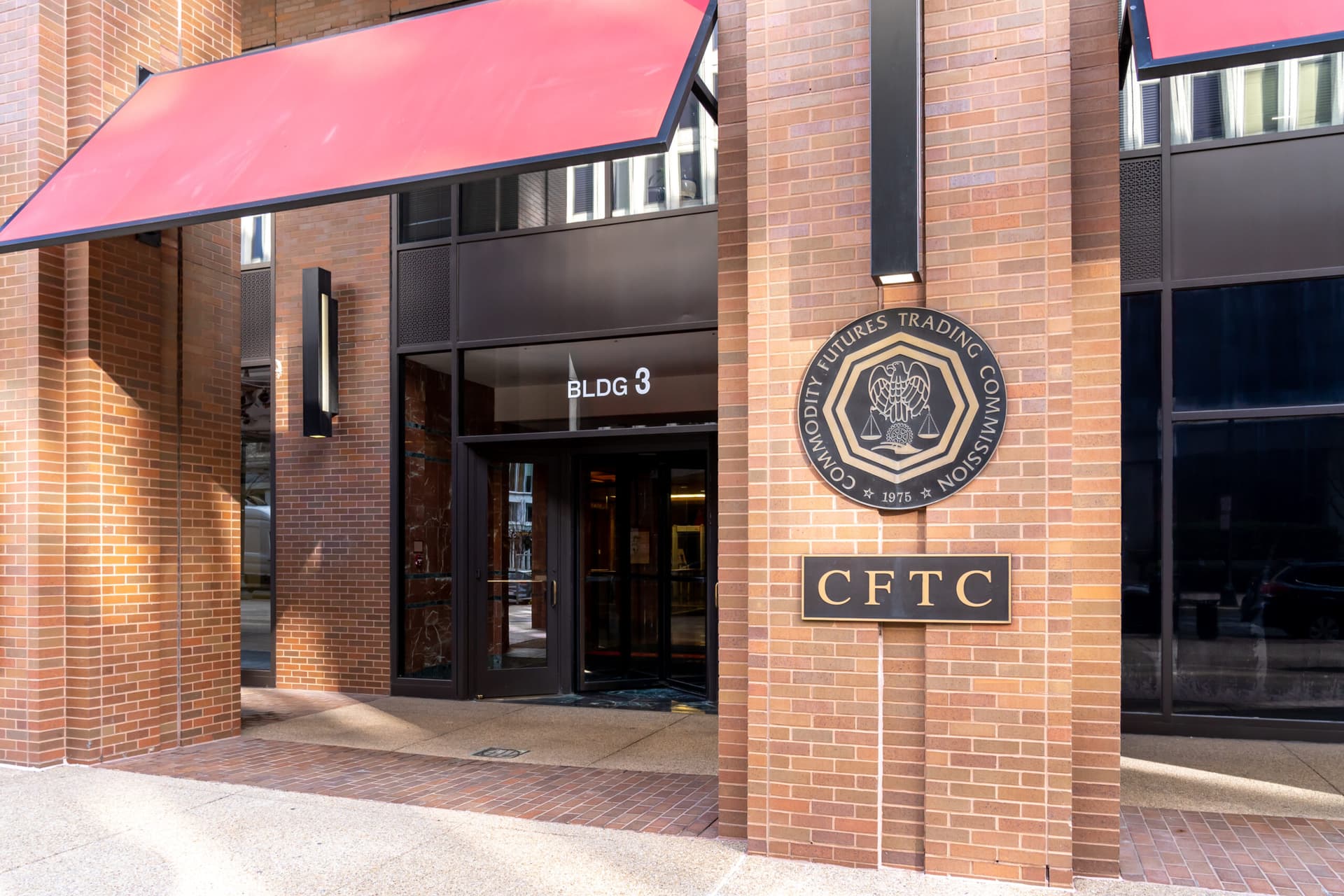DeFi projects charged by CFTC over crypto derivatives
ZeroEx, the developer of 0x Procotol, alongside Opyn and Deridex are ordered to cease and desist from further alleged violations against the Commodity Exchange Act

JHVEPhoto/Shutterstock, modified by Blockworks
The US Commodity Futures Trading Commission has taken action against three DeFi firms for allegedly violating federal laws relating to digital asset derivatives trading.
In orders dated Thursday, the CFTC charged Opyn, ZeroEx and Deridex with allegedly operating unregistered trading platforms and offering illegal leveraged transactions in digital assets. The CFTC announced both charges against and settlements with the three firms.
Specifically, the CFTC said ZeroEx’s DEX aggregator Matcha allowed trading of third-party tokens that offered 2:1 leverage on assets like ether (ETH) and bitcoin (BTC), in violation of federal regulations requiring such platforms to be registered.
In a post on X, formerly Twitter, Matcha downplayed the charges, claiming the tokens identified only constitute roughly “0.1% of Matcha’s trading volume since inception.”
“At 0x, strategic decisions are made with input from outside legal counsel. In this case, we are implementing additional processes after constructive dialogue with the regulatory agency,” Matcha said.
The regulator previously warned industry participants and projects in May it would be keeping a close watch on new crypto products and services while it beefed up its efforts to pursue cases it found in violation of financial rules.
Cracking down on DeFi
Opyn and Deridex simultaneously have been charged for allegedly failing to register as a swap execution facility or a designated contract market, while also falling short in operating as a registered futures commission merchant.
Opyn is accused of developing a blockchain-based trading protocol for its digital asset derivative token, oSQTH, without proper registration. Despite attempts to block US users, the company violated federal laws by allowing leveraged transactions and failing to implement a required customer identification program, the CFTC said.
Deridex is accused of illegally offering derivatives via perpetual swaps, a relatively novel idea with roots in the crypto industry. Perps, commonly referred to in shorthand, operate much like futures contracts but lack an expiration date.
The charges on Thursday potentially expose the US DeFi sector to further crackdowns. Earlier this year, Ooki DAO lost its court case against the regulator, opting not to fight it out. Ooki was alleged to have violated certain laws by offering margined and leveraged commodities.
The case drew particular attention after the DAO was served via its online chatbot in an industry first.
“Somewhere along the way, DeFi operators got the idea that unlawful transactions become lawful when facilitated by smart contracts,” CFTC enforcement director Ian McGinley said.
“The DeFi space may be novel, complex and evolving, but the Division of Enforcement will continue to evolve with it and aggressively pursue those who operate unregistered platforms that allow US persons to trade digital asset derivatives.”
While the regulator has taken into account the companies’ cooperation, it has imposed reduced penalties: Opyn, ZeroEx and Deridex have been ordered to pay $250,000, $200,000 and $100,000, respectively. The CFTC has also mandated a cease and desist order against all three.
Agency’s actions inconsistent with own strategic plan
The regulator’s action sparked some criticism.
CFTC Commissioner Summer K. Mersinger publicly disagreed with the agency’s enforcement actions against the DeFi projects, advocating for public engagement instead.
She emphasized that such actions mark a substantial shift from the CFTC’s previous stance of seeking dialogue with DeFi market players.
Mersinger also pointed out that the CFTC’s 2022-2026 strategic plan had earmarked DeFi for enhanced stakeholder interaction and regulation based on guiding principles.
“Yet, today’s actions do not promote responsible innovation — they shut it down, banishing innovation from US shores,” she added.
Shalini Nagarajan contributed reporting.
Updated Sept. 8, 2023 at 5:37 pm ET: Clarifies that the CFTC charges have been settled.
Updated Sept. 8, 2023 at 7:44 am ET: Added additional context.
Get the news in your inbox. Explore Blockworks newsletters:
- The Breakdown: Decoding crypto and the markets. Daily.
- 0xResearch: Alpha in your inbox. Think like an analyst.






